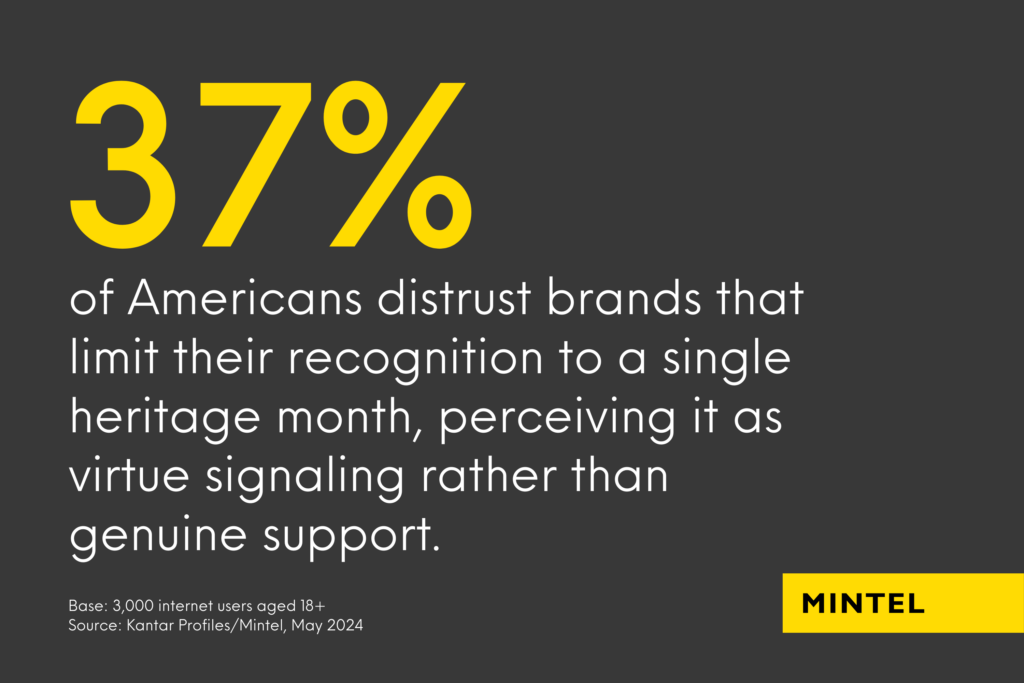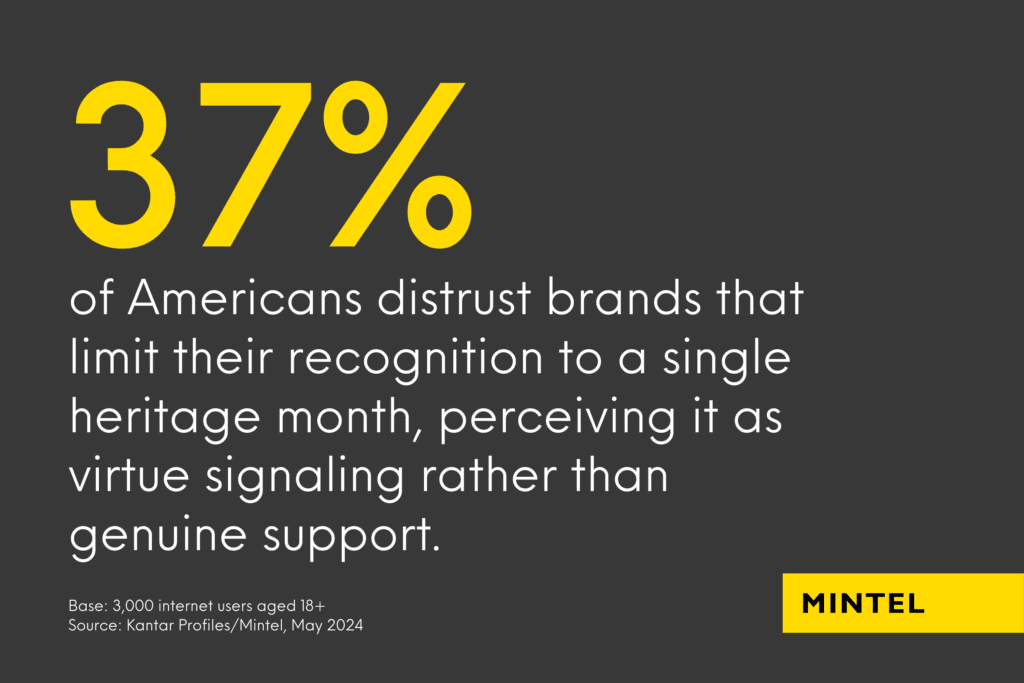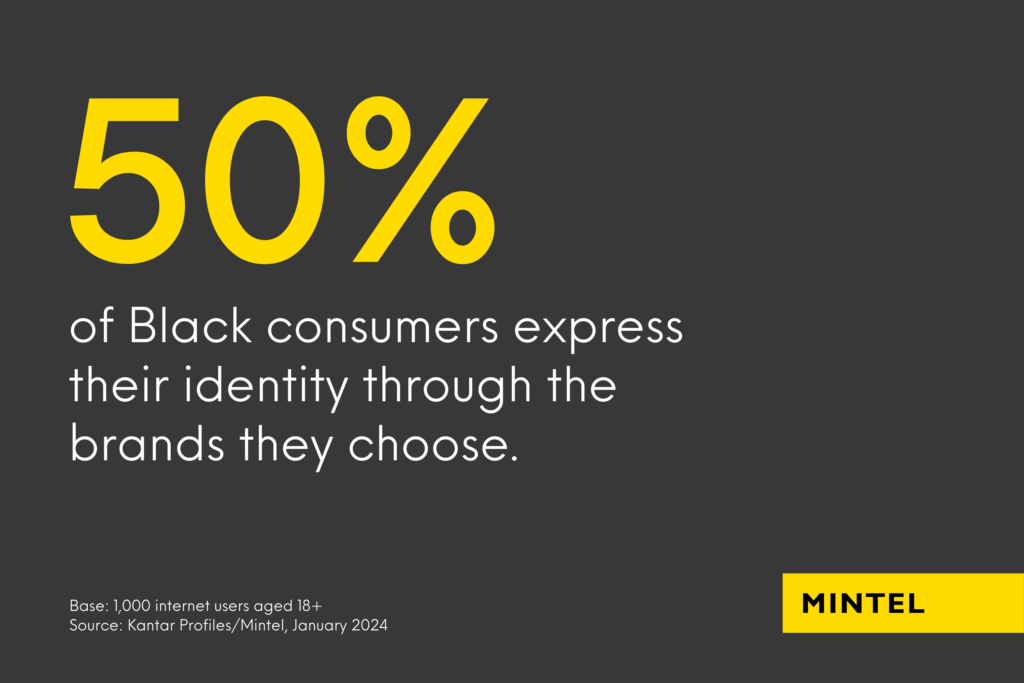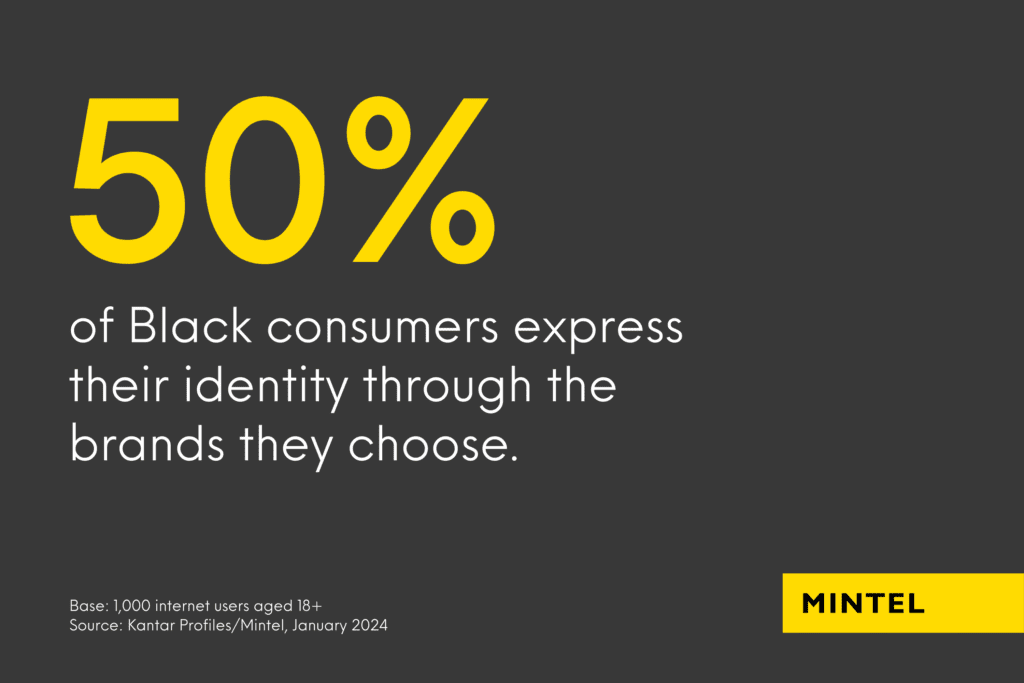Recent actions by the Trump administration to remove references to and celebrations of heritage months and specific demographics (including Black History Month, Hispanic Heritage Month, and those honoring women and individuals with disabilities), have sparked concern. Such decisions risk undermining the recognition of diverse contributions that have shaped American society and the economy. Amidst this landscape, many large companies have also dialed back their DE&I policies, which will drive some consumers to consider alternatives for their purchasing to support those brands that align with their values.
In today’s environment, brands have a choice to make: shift toward a broader inclusivity message, or play a role in ensuring these cultural moments remain celebrated, standing as allies for the communities that contribute to a shared history and future. Brands that plan to highlight different groups during cultural observances and celebrations, however, need to ensure they support and value these consumers year-round.
Data from Mintel’s ‘Multicultural America: Cultural Celebrations and Holidays’ report provides marketers with insights on how to thoughtfully engage with consumers during key cultural celebrations. Amid evolving political and social landscapes, celebrating heritage months offers a relevant touchpoint for brands to connect meaningfully with diverse audiences.
Creating market resonance: what consumers want
Cultural celebrations, such as Black History Month, hold personal and communal significance, especially for Black consumers. One-third of Black consumers participate in heritage month celebrations, and say they want brands to visibly and meaningfully support such events. However, this engagement must be authentic: 37% of Americans distrust brands that limit their recognition to a single heritage month, perceiving it as virtue signaling rather than genuine support.


For example, while recognition during cultural moments is important, half of Black consumers express their identity through the brands they choose. Brands that choose to incorporate cultural values into year-round efforts – rather than isolated campaigns – are more likely to build trust and goodwill among these consumers.


Recommendations for brands that include cultural values in marketing strategies:
- Approach with year-round commitment. Avoid tokenistic gestures by integrating cultural appreciation into overall marketing strategies. Consumers value brands that demonstrate inclusivity consistently, not just during designated observances.
- Celebrate with depth and relevance. Engage authentically by aligning campaigns with the values of the communities the campaign aims to connect with. Personal stories and showcasing contributions from within these communities can amplify messaging.
- Create educational and impactful stories. For example, Black History Month is an opportunity to educate broader audiences about Black contributions to history, art, culture, and business. Partnering with Black-owned businesses, creators or nonprofits can help amplify voices and demonstrate goodwill.
- Tailor messaging across demographics. Younger generations often desire social campaigns tied to their identity, while older consumers value the preservation of traditions. Content creation should reflect these nuances to increase relatability and engagement across age groups.
Practical considerations for marketers
- Focus on brand alignment. Heritage-related campaigns must align with the brand’s core values and mission. Mismatched engagement can lead to reputational risks. Brands that misrepresent traditions or perpetuate stereotypes may alienate consumers, as Mintel data shows that half of consumers agree they would stop buying from brands that poorly represent cultural traditions.
- Highlight shared values. Brands can bridge social divides with messaging that highlights shared values across cultures. This approach allows heritage campaigns to connect with diverse audiences as two-thirds who celebrate holidays and cultural celebrations appreciate when brands incorporate the cultural celebrations they celebrate into their marketing product offerings.
An opportunity to stand out authentically
The evolving socio-political environment, as well as rising consumer consciousness, makes the celebration of cultural heritage a valuable opportunity for brands to support meaningful connections. Whether it’s during a heritage month, or other culturally significant holidays, such as Lunar New Year, Ramadan, Dias de la Muertos, Juneteenth, Yom Kippur and Diwali, for example, success lies in demonstrating that inclusivity and cultural appreciation are part of company and brand identity – not just a marketing opportunity.
Reach out today to discuss the consumer behaviors and market shifts impacting your category and the strategic decisions that will drive your growth.
24World Media does not take any responsibility of the information you see on this page. The content this page contains is from independent third-party content provider. If you have any concerns regarding the content, please free to write us here: contact@24worldmedia.com

